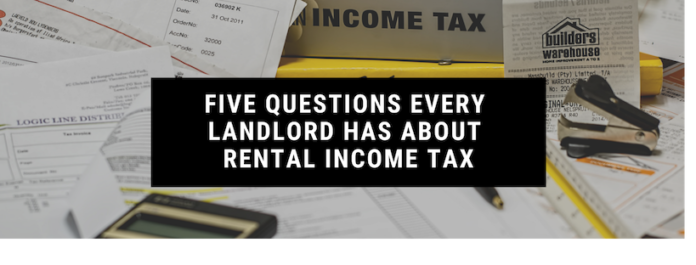More renters are heading households than at any point in the last 50 years. It’s a good time to own a residential rental property.
Of course, there are other types of rental properties too. You may have a commercial space you lease to a business. You might rent farmland, or you may be in on the Airbnb craze.
Whatever the case, you have a rental property. As tax season approaches, you also have many questions.
We answer some of the most common questions about rental income tax. We’ll also give you some tips for making tax season a little easier.
1. What Counts as Rental Income?
Before paying taxes on rental income, you’ll need to know what to include in your calculations. What actually counts as rental income?
Rental income is any amount you receive for the use or occupation of your property. This includes advance rents and security deposits. You have to include the amount in the year you receive it.
If tenants pay you for expenses, such as utilities, that is also included. If someone cancels a lease and you receive a fee, you’ll also need to include that payment.
2. How Are Taxes Calculated on Rental Income?
Now you know what to include in your calculation. Your next question is, “How is rental income taxed?”
The Tax Cuts and Jobs Act introduced new lower rates for landlords, beginning in 2018. If you own the property as an individual, you’ll use your federal personal income tax rate.
You may also be able to claim your rental income as business income instead. In that case, you may qualify for new rate reductions under the TCJA.
3. Which Deductions Can You Claim for Rental Income Tax?
The tax on rental income you’ll pay is based on your net income. You can deduct many of the expenses associated with your rental properties. If, for example, you had to make repairs to a property, you could deduct the costs from your rental income.
The list of deductible expenses includes:
- Insurance for the property
- Legal fees associated with the property
- Travel expenses
- Depreciation
- Repairs
Keep in mind that the IRS distinguishes between repairs and improvements.
4. What Happens If You Had a Net Loss?
If one of your rental properties costs you more than you make from it, you can net that loss against your other properties.
There’s more good news as well. You can carry losses forward, which can help lower your taxes on rental income in future years.
If all your properties had a loss or you had an overall net loss, you may not be able to claim it against your other income. That’s why carry-forward is helpful.
5. How Do You Deal with the Sale of a Property?
What happens when you sell one of your rental properties? You’ll still need to pay taxes, including capital gains tax.
You’ll subtract your costs from your selling price to determine your gain. You’ll also need to keep depreciation in mind. It is possible to claim losses on properties you’ve sold as well, but only in the year you sell them.














